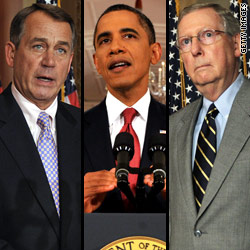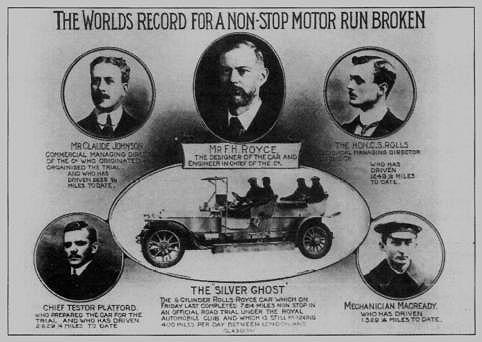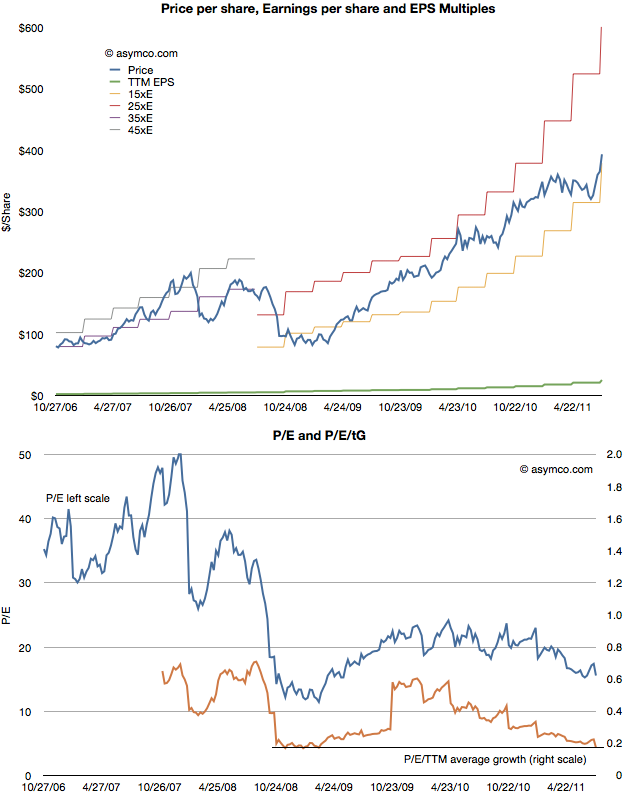From the AP:
Down on the farm, investors see big potential
AP
In this June 22, 2011 photo, Braden Janowski
walks through a watermelon field in Niles, Mich.
Janowski invested in the 430 acre farm. Janowski
has never planted seeds or brought in a harvest.
He doesn't even own overalls. Yet, the 32-year-old
software executive successfully bid $4 million for
430 acres of Michigan corn fields last summer.
(AP Photo/Joe Raymond)
Braden Janowski has never planted seeds or brought in a harvest. He doesn't even own overalls.
Yet when 430 acres of Michigan cornfields was auctioned last summer, it was Janowski, a brash, 33-year-old software executive, who made the winning bid. It was so high — $4 million, 25 percent above the next-highest — that some farmers stood, shook their heads and walked out. And Janowski figures he got the land cheap.
"Corn back then was around $4," he says from his office in Tulsa, Okla., stealing a glance at prices per bushel on his computer. Corn rose to almost $8 in June and trades now at about $7.
A new breed of gentleman farmer is shaking up the American heartland. Rich investors with no ties to farming, no dirt under their nails, are confident enough to wager big on a patch of earth — betting that it's a smart investment because food will only get more expensive around the world.
They're buying wheat fields in Kansas, rows of Iowa corn and acres of soybeans in Indiana. And though farmers still fill most of the seats at auctions, the newcomers are growing in number and variety — a Seattle computer executive, a Kansas City lawyer, a publishing executive from Chicago, a Boston money manager....MORE
From Agrimoney:
Dip in land and shares puts cloud over farm sector
Farmland prices have slipped for a third successive month in the US, and share prices in agricultural groups markedly underperformed the market, raising a question mark over the sector's standing with investors.
Farm values, while continuing this month a rise in prices stretching back to the start of 2010, rose more slowly than in June, with a price index falling to 59.4 from 62.0, Creighton University said, following a survey in main farming states including Illinois, Iowa and North Dakota.
Any figure above 50 indicates growth.
"We are tracking consistent slippage in farmland price growth as the index has declined for three straight months," said Creighton economics professor Ernie Goss, adding that many other indicators for the rural economy were "trending lower too".
An index for the farm equipment market fell to 53.7 from 63.1 in June, a fourth successive month of decline.
'Widepsread declines'
The data came as analysis from the University of Illinois showed that shares in agriculture companies fell in the April-to-June quarter by an average of 6%, a contrast with a small rise in the average stock, as measured by the Standard & Poor's 500 index.
"Unlike in previous quarters… the Agindex decline is not accompanied by a decline in the S&P 500," University of Illinois professor Gary Schnitkey said....MORE
















